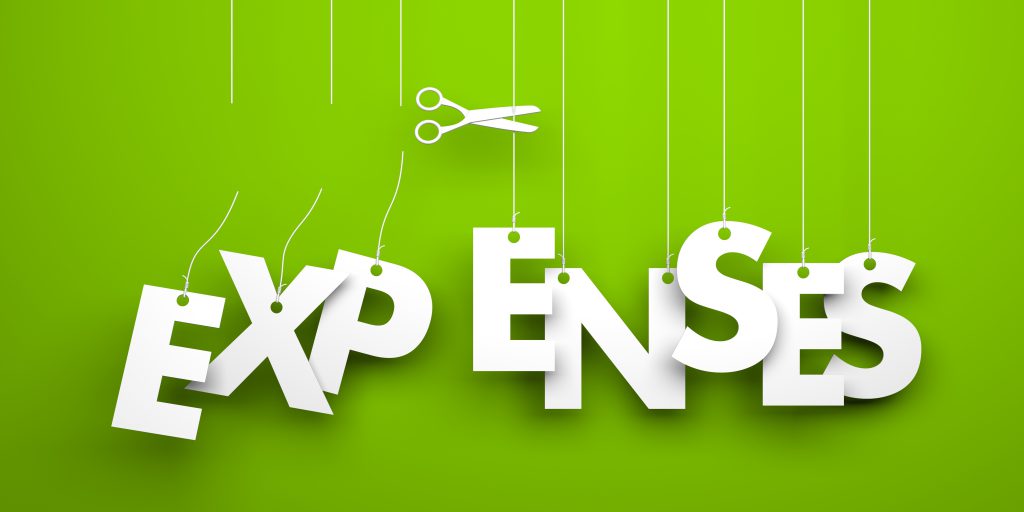Expenses are up, layoffs are making headlines, and there’s no more COVID relief cushion to fall back on. Today’s customers are struggling to pay their bills — and that means that auto loan delinquencies are on the rise.
Now’s the time for auto lenders to focus on finding ways to trim costs and keep their portfolios lean. Here are four areas in which you can consider lowering expenses:

1. Your office space
Rent and mortgage payments can take a huge chunk out of your bottom line. Especially if you’re located in an area with high real estate prices, you might want to start exploring alternative options. For example, are there other locales that are more affordable yet still convenient for employees and customers? Alternatively, could any of your employees be shifted to a remote work model so that you can downsize office space? Or, you could even consider shared office spaces — particularly if your on-site team is small.
2. Your staff payroll
Take a close look at your workforce and consider if there are areas in which you could make changes to reduce costs. Is every role truly necessary, and does each one require full-time hours? You might just find that some roles can be combined, or that some operational tasks only require part-time employees.
Another great option to consider is outsourcing work to third-party companies. For example, an auto loan collections company like Alamo Financial will handle all your collections needs — enabling you to greatly reduce staffing overhead.
3. Your repossession costs
In recent years, many car repossession companies added fees for fuel and transportation. If you haven’t already, be sure to examine all charges that you’re paying to your car repossession company and reach out to negotiate any extra fees. Considering that gas prices are much lower than they were a year ago, you do have some real bargaining power.
Keep in mind that working with an auto loan servicing company can greatly reduce your repossession costs. Companies like Alamo Financial receive special rates from repossession businesses that are not offered to dealers.
4. Review auto auction costs
The auto auction business has become more competitive in the last few years, and there are many associated fees charged to dealers and lenders — for example, sale and no sale fees, storage fees, condition report fees, and key cutting costs. On top of that, you have to factor in the cost of transporting and storing any purchased vehicles.
It’s a good idea to compare the varying costs charged by auto actions — you might find that the ones you attend aren’t the most cost-effective. You can also lower expenses by transporting purchased vehicles to a closer location, if you aren’t already.
5. Review your credit card processing fees
Credit card processing fees can quickly add up and cut into your profits. Because there are so many different pricing models used by processing companies, it’s essential to compare different payment processors and see which one can save you the most money. Oftentimes, companies offer merchants a complimentary rate analysis.
Keep in mind that flat-rate pricing is typically more expensive than interchange plus pricing. With flat-rate pricing, you pay the same rate on every transaction. However, the reality is that individual transaction costs vary based on the fees assessed by the credit card networks. Interchange plus pricing is based on these varying fees, whereas flat-rate pricing is typically set at a rate that’s higher than the true cost of many transactions.
Ready to reduce your auto loan collections budget? By partnering with Alamo Financial, you’ll be able to eliminate the various costs associated with in-house collections — such as salaries and software. Our dependable team can reliably collect funds while lowering your administrative costs. Contact us today to learn more!